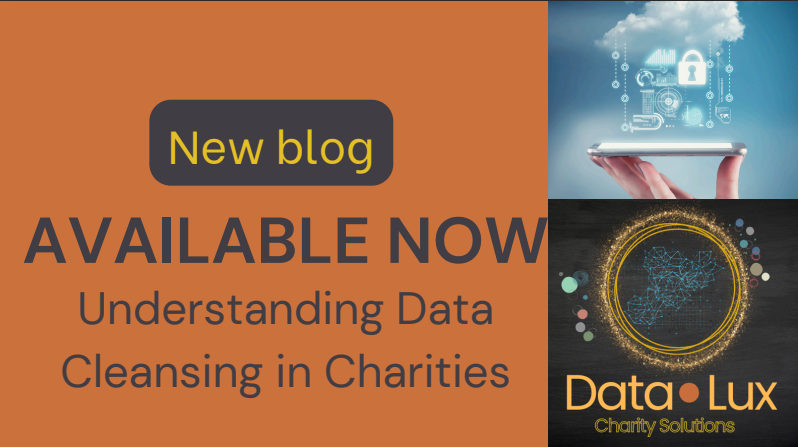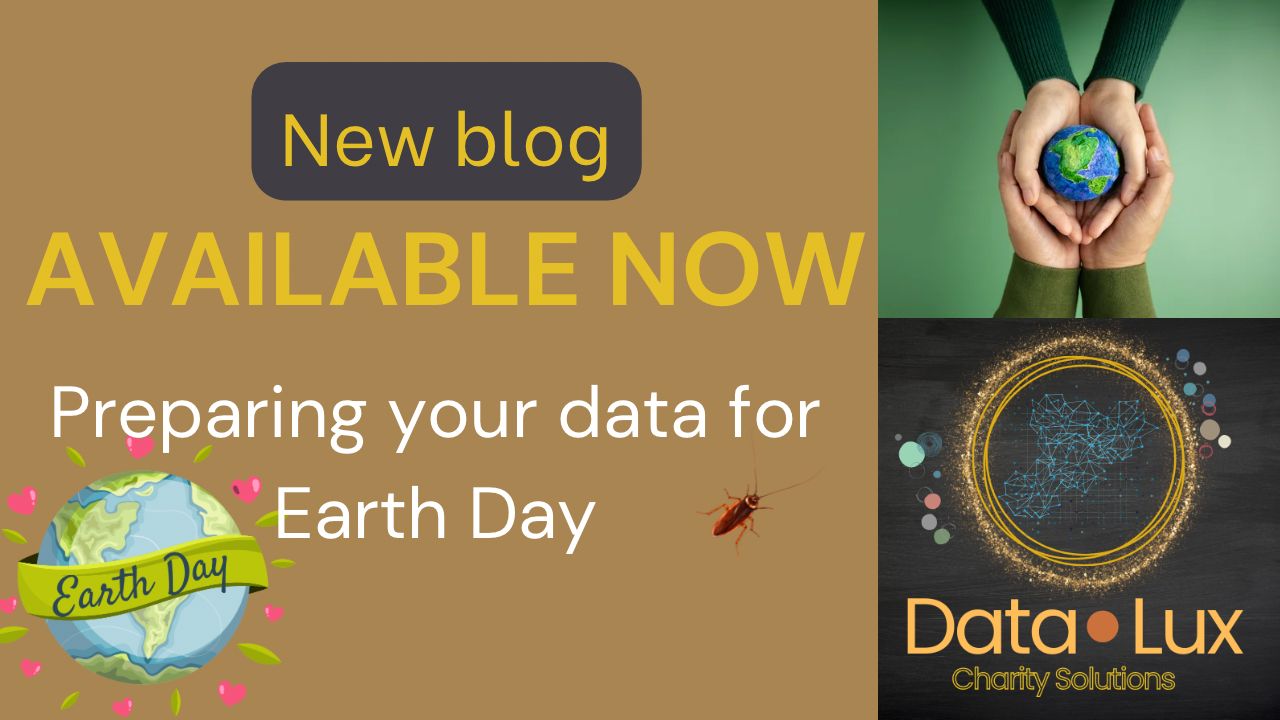A Step Towards Better Insights
Today, let’s chat about something that’s often overlooked but incredibly vital in the world of data—cleaning it. Whether you’re in a charity, a small business, or a large corporation, data cleanliness can make or break your decision-making process. So, what does it mean to clean data? Let’s break it down.
What is Data Cleaning?
Data cleaning is the process of identifying and correcting inaccuracies, inconsistencies, and errors in your data set. It’s like spring cleaning for your data—removing the clutter so you can see what’s really important.
Why is Data Cleaning Important?
- Improves Accuracy: Clean data ensures that your analysis is based on reliable information. If your data is riddled with errors, your conclusions may lead you astray.
- Enhances Decision Making: With accurate data, you can make informed decisions that positively impact your charity’s mission and goals.
- Saves Time and Resources: Spending time on cleaning data upfront saves you from potential headaches later on. You won’t have to redo analyses or correct mistakes down the line.
- Builds Trust: Donors and stakeholders want to know that their contributions are based on sound information. Clean data fosters trust and transparency.
Steps to Clean Your Data
- Identify the Sources: Know where your data comes from. This helps you track down any potential issues early on.
- Check for Duplicates: Duplicate entries can skew your results. Regularly scan your data for these and remove them.
- Standardise Formats: Make sure all data is in a consistent format. For example, dates should be formatted the same way throughout your dataset.
- Handle Missing Values: Decide how you’ll deal with gaps in your data. You might fill them in, remove them, or use statistical methods to estimate them.
- Verify Accuracy: Cross-check your data against reliable sources. This step is crucial for maintaining data integrity.
- Regular Maintenance: Cleaning isn’t a one-time job. Set a schedule for regular reviews to keep your data fresh and accurate.
If you have any questions or want to share your own experiences with data cleaning, I’d love to hear from you in the comments!




